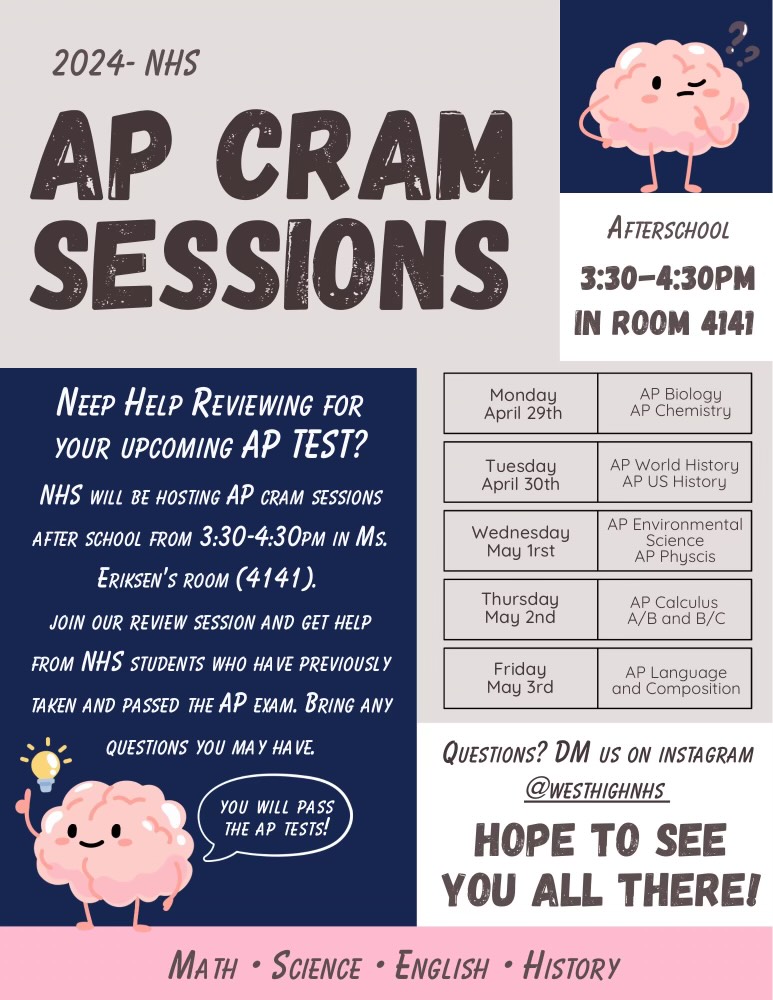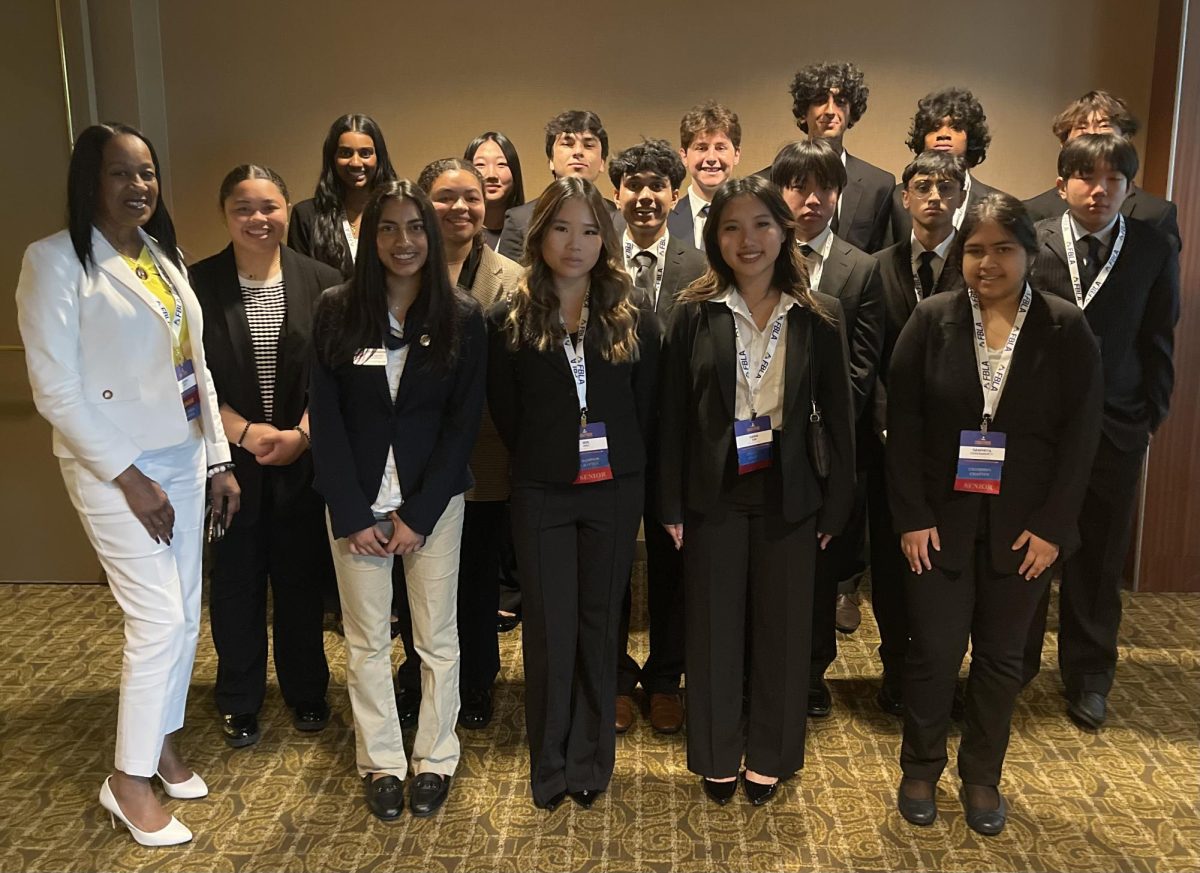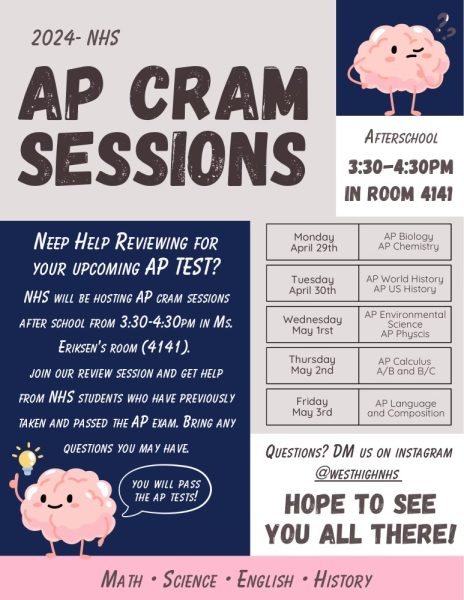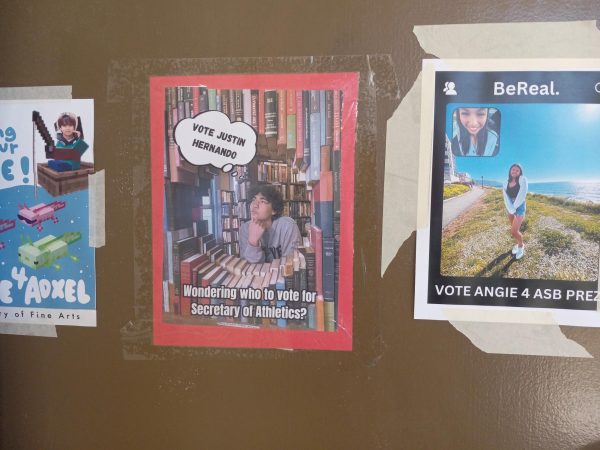The Silent Epidemic of Teen Dating Violence
February 19, 2014
Lauren, a 2011 graduate of Wayland High School was planning to attend Elon University in North Carolina. She was a successful tennis player, an A cappella singer, and a French horn player in the Metrowest Youth Symphony Orchestra. Her friends and family remember her as a confident young woman, full of energy, hope, and compassion toward everyone around her.
Three years earlier, she began dating Nathaniel, a fellow student at Wayland. Nathaniel was a celebrated wide receiver who was being recruited by Trinity College to play football. Their relationship was described as a “roller coaster,” constantly fighting, breaking up and getting back together. In an interview on 48 Hours, their high school friends described Nathaniel as being “possessive” and “obsessed.” He would get angry and jealous if Lauren talked to other guys and was continually looking through her phone.
During her senior year, Lauren finally made the decision to end their relationship for good. Nathaniel had stopped hanging out with friends, began drinking and smoking pot daily. On July 3, 2011, Lauren went to see her ex-boyfriend to help him through this tough time. Later the same evening, Nathaniel brutally murdered Lauren.
According to loveisrespect.org, 1.5 million high school students experience dating abuse each year. February has officially been recognized as Teen Dating Violence Awareness and Prevention Month. Christina-Marie Santillan, National Community Organizer at Break the Cycle, stated “one in three teens will experience some form of abuse from a partner before they become adults. Two thirds of those victims will never report the crime. Dating abuse is a silent epidemic – it’s just as serious as domestic violence. It’s important to teach teens how to recognize abuse and where to get help should they ever need it.” Speaking out and reporting incidents of abuse will help prevent future acts of violence.
Santillan explains, “Dating abuse is a pattern of behaviors used to exert power and control over a dating partner. There are four main types of abuse – emotional and verbal, sexual, digital, and physical abuse.” Learning to recognize these behavior patterns is the first step in getting the necessary help to protect yourself and others from any potential threat.
There are many warning signs of an abusive relationship. Such signs may include jealousy or isolation, restricting you from talking or hanging out with friends, name calling or put downs, and demanding passwords or monitoring your internet use.
Those who have to stand by and watch a friend go through an abusive relationship also experience the struggles and fear dating violence can bring. Since you are not directly involved you may feel like you do not know how to help them. Many people “wonder why a person wouldn’t just leave. They don’t understand that breaking up can be more complicated than it seems.”
It is important to be supportive, listen patiently, acknowledge their feelings, and be respectful of their decisions. “There are many reasons why both men and women stay in abusive relationships. If you have a friend in an unhealthy relationship, support them by understanding why they may choose to not leave immediately,” (loveisrespect.org). The decision to leave an unhealthy relationship can only be made by the person who is experiencing the abuse. Even if you cannot directly change or fix their situation, there are various steps you can take to help your friend stay safe. Connect them to the resources in their community that can give them the necessary information and guidance.
If you or a friend is in an abusive relationship or is a victim of dating abuse, it is important to realize that you are not alone. You can reach out to an adult you trust – such as a parent or school counselor. You can also go to loveisrespect.org and participate in a live chat, call 1-866-331-9474, or text “loveis” to 22522. Here you can talk to a trained peer advocate. Resources are available to help you stay safe, build a support system, access legal protection and more. From the National Respect Announcement, “Remember, love has many definitions, but abuse is not one of them.”











